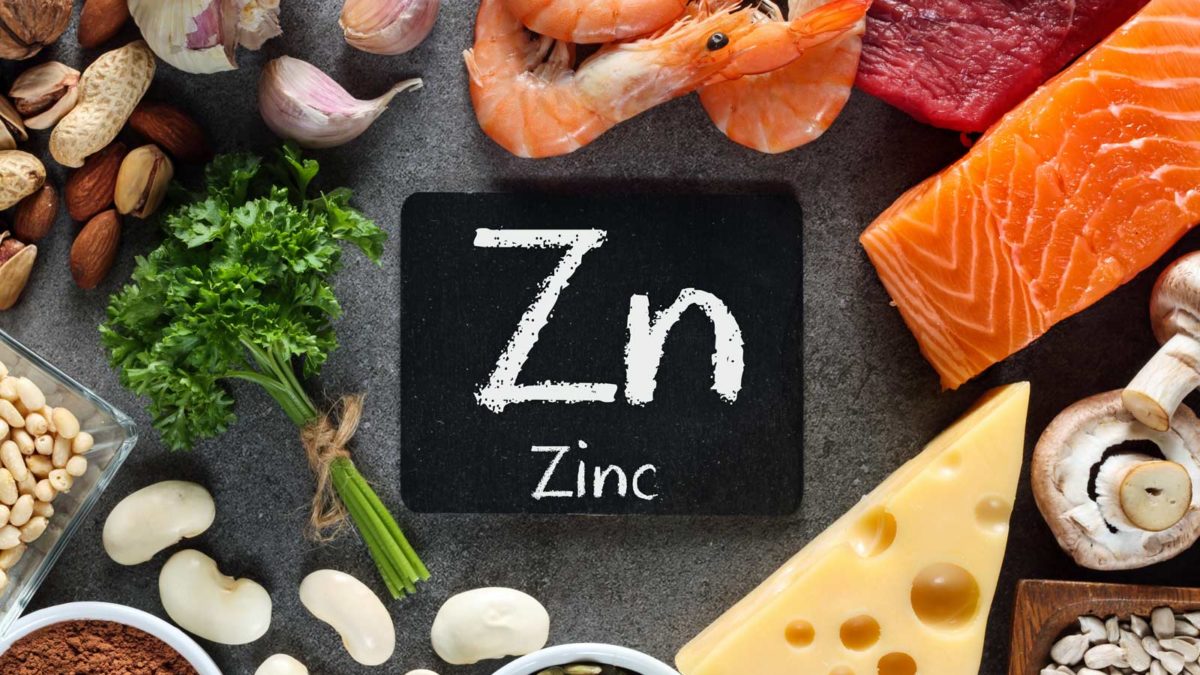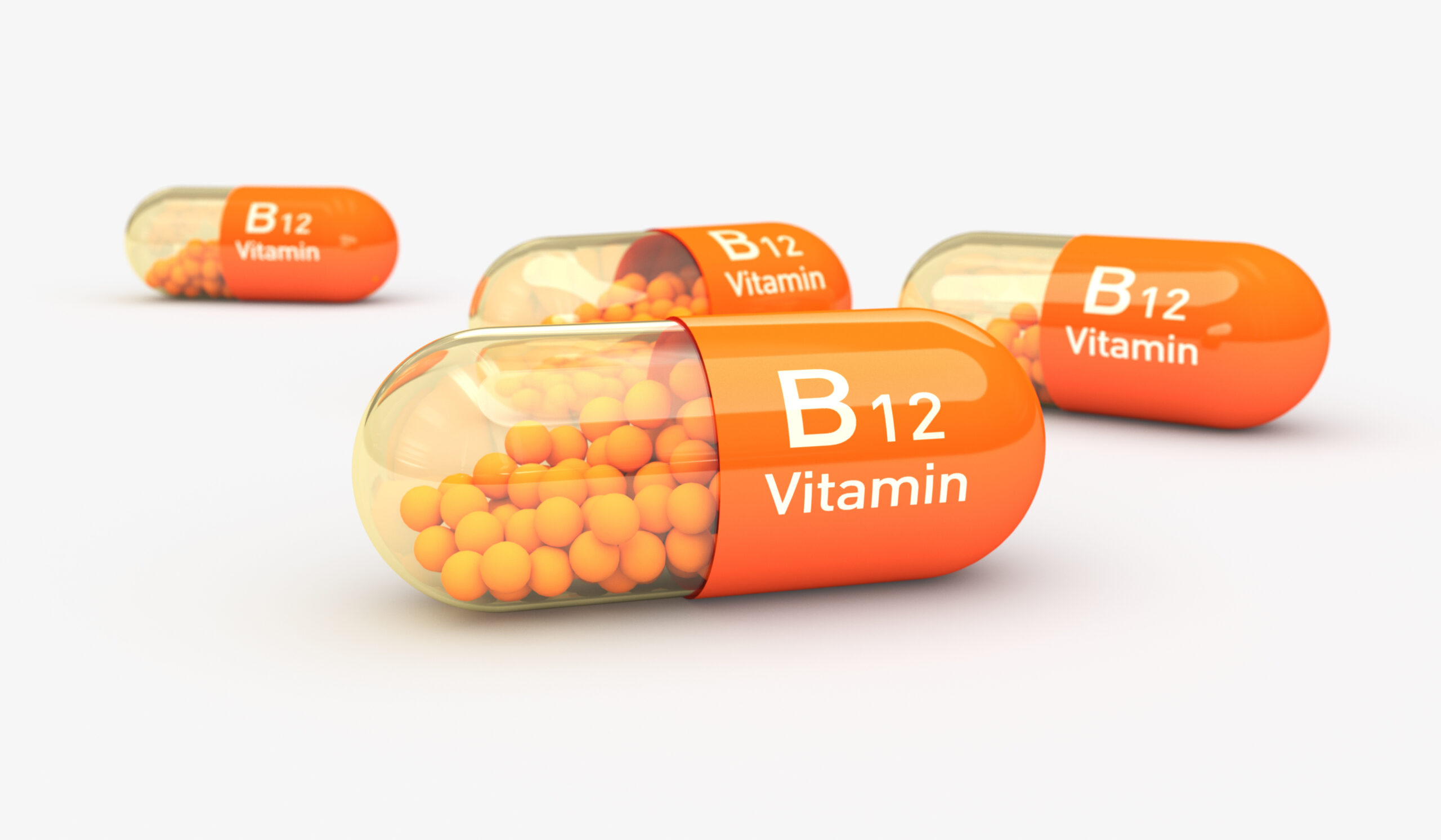The Comprehensive Guide to the Benefits of Zinc
Introduction
Zinc is a vital mineral that plays a multitude of essential roles in the human body. From supporting the immune system to aiding in wound healing and DNA synthesis, the benefits of zinc are far-reaching and crucial for maintaining good health. In this comprehensive guide, we will explore the multifaceted advantages of this important mineral, including its impact on immune function, skin health, reproductive health, and its role in preventing chronic diseases.
Immune System Boost
One of the most well-known benefits of zinc is its significant impact on the immune system. Zinc is involved in the development and functioning of immune cells, such as white blood cells and neutrophils. It helps the body resist and fight off infections, making it a key component for maintaining a robust immune system.
Wound Healing
Zinc is essential for the wound-healing process. It plays a vital role in cell division, tissue growth, and the formation of new blood vessels, all of which are crucial for effective wound repair. This property makes zinc a valuable element in the treatment of cuts, burns, and surgical incisions.
Skin Health
Zinc is a popular ingredient in skincare products due to its positive impact on skin health. It helps to regulate oil production, reducing the risk of acne. Moreover, zinc supports collagen formation, contributing to healthy, supple skin. Its anti-inflammatory properties can also help soothe skin conditions like eczema and psoriasis.
Antioxidant Properties
Zinc is an essential component of the body’s antioxidant defense system. It helps neutralize free radicals, which are harmful molecules that can damage cells and DNA. By acting as an antioxidant, zinc contributes to overall health and may reduce the risk of chronic diseases associated with oxidative stress.
Reproductive Health
Zinc is crucial for both male and female reproductive health. In men, it supports sperm production, while in women, it is necessary for proper egg development. Zinc deficiency can lead to infertility in both genders, making it an important mineral for those trying to conceive.
DNA Synthesis
Zinc is involved in the synthesis and repair of DNA, the genetic material that controls cell growth and division. This function is vital for the development and maintenance of healthy cells and tissues. Zinc deficiency can lead to genetic abnormalities and an increased risk of certain diseases.
Cognitive Function
Emerging research suggests that zinc may play a role in cognitive function and brain health. It is involved in neurotransmission, helping nerve cells communicate with each other. Some studies indicate that zinc supplementation may improve memory and cognitive performance, particularly in older adults.
Taste and Smell Sensation
Zinc is essential for the proper functioning of taste and smell receptors. A deficiency in zinc can lead to a reduced ability to taste and smell, affecting one’s enjoyment of food and overall quality of life.
Gastrointestinal Health
Zinc is necessary for maintaining the integrity of the gastrointestinal lining. It plays a role in preventing leaky gut syndrome, a condition where the gut lining becomes porous and allows harmful substances to enter the bloodstream. Maintaining a healthy gut lining is essential for overall digestive health and the prevention of inflammatory conditions.
Reduced Risk of Age-Related Macular Degeneration (AMD)
Age-related macular degeneration is a leading cause of vision loss in older adults. Zinc, along with other antioxidants like vitamin C and vitamin E, has been shown to reduce the risk of developing AMD. It can help protect the cells of the macula, the central part of the retina responsible for sharp vision.
Improved Cardiovascular Health
Zinc has been associated with improved cardiovascular health. It helps regulate blood pressure and may reduce the risk of heart disease. Additionally, zinc supports the health of blood vessels, which is essential for proper blood flow.
Regulation of Blood Sugar
Zinc plays a role in regulating blood sugar levels by aiding in the storage and release of insulin, the hormone responsible for controlling blood sugar. Adequate zinc levels may help reduce the risk of insulin resistance and type 2 diabetes.
Hormone Regulation
Zinc is necessary for the synthesis and regulation of hormones in the body. It plays a role in balancing sex hormones, thyroid hormones, and insulin. Maintaining hormonal balance is essential for overall health and well-being.
Preventing Neurodegenerative Diseases
Some research suggests that zinc may have a protective effect against neurodegenerative diseases like Alzheimer’s and Parkinson’s disease. It is believed that zinc’s antioxidant and anti-inflammatory properties can help reduce the risk of these conditions.
Reduced Risk of Prostate Cancer
Zinc is concentrated in the prostate gland, and some studies have suggested that higher zinc intake may be associated with a reduced risk of prostate cancer. However, more research is needed in this area to establish a clear link.
Alleviation of Diarrhea Symptoms
Zinc supplementation is recommended as a treatment for diarrhea in children, particularly in developing countries where diarrhea is a leading cause of childhood mortality. It can help reduce the severity and duration of diarrhea episodes.
Prevention of Inflammatory Bowel Disease (IBD) Flares
People with IBD, such as Crohn’s disease and ulcerative colitis, may benefit from zinc supplementation. Zinc has been shown to help reduce the frequency and severity of disease flares in some individuals.
Enhanced Fertility
Zinc is critical for male and female reproductive health. It can improve sperm quality in men and support egg development in women. Couples trying to conceive may consider zinc supplementation to enhance their fertility.
Alleviation of Rheumatoid Arthritis Symptoms
Zinc may help reduce the symptoms of rheumatoid arthritis, an autoimmune condition that causes joint inflammation and pain. It can help control inflammation and potentially improve joint function.
Stronger Teeth and Dental Health
Zinc is necessary for maintaining strong teeth and overall dental health. It supports the remineralization of tooth enamel, helping to prevent tooth decay and cavities.
Protection Against DNA Damage
Zinc’s role in DNA synthesis extends to protecting DNA from damage. By maintaining the integrity of genetic material, zinc helps reduce the risk of genetic mutations and certain types of cancer.
Enhanced Exercise Performance
Athletes and fitness enthusiasts may benefit from zinc supplementation. It can improve endurance, muscle strength, and exercise performance. Zinc supports muscle recovery and the body’s adaptation to physical stress.
Preventing Cell Damage from Heavy Metals
Zinc has a protective effect against heavy metal toxicity, such as lead and cadmium. It competes with these harmful metals for absorption in the body, reducing their impact on cells and tissues.
Allergen Tolerance
Zinc may enhance the body’s tolerance to allergens and reduce the severity of allergic reactions. It can help alleviate symptoms like sneezing, itching, and congestion associated with allergies.
Longevity and Healthy Aging
Maintaining adequate zinc levels is essential for healthy aging. It contributes to overall well-being and may help reduce the risk of age-related diseases and cognitive decline.
Bone Health
Zinc is essential for bone health, as it supports the formation and maintenance of bone tissue. It plays a role in bone mineralization, reducing the risk of osteoporosis and fractures.
Thyroid Function
Zinc is necessary for the synthesis and regulation of thyroid hormones. A deficiency in zinc can lead to thyroid dysfunction, affecting metabolism and overall energy levels.
Hair Health
Zinc plays a role in the health of hair follicles and the production of hair proteins. Adequate zinc levels can contribute to stronger and healthier hair.
Alleviation of Psoriasis Symptoms
Psoriasis is a skin condition characterized by red, scaly patches on the skin. Zinc can help reduce the severity of psoriasis symptoms and promote skin healing.
Mental Health and Mood Regulation
Zinc is involved in mood regulation and may have a positive impact on mental health. Some studies suggest that zinc supplementation may help alleviate symptoms of depression and anxiety.
Reduced Risk of Cleft Lip and Palate
During pregnancy, zinc is crucial for proper fetal development. Adequate zinc intake can reduce the risk of birth defects, such as cleft lip and palate.
Vision Protection
Zinc is essential for maintaining eye health. It supports the function of the retina, the part of the eye responsible for vision, and can help reduce the risk of age-related vision problems.
Anti-Inflammatory Benefits
Zinc has anti-inflammatory properties that can help reduce inflammation in the body. Chronic inflammation is linked to numerous health conditions, so managing it is crucial for overall well-being.
Enhanced Learning and Memory
Emerging research suggests that zinc may play a role in enhancing learning and memory. It is believed to influence the formation of synapses, the connections between nerve cells that are essential for learning and memory.
Zinc for Children’s Growth
Zinc is crucial for the growth and development of children. It supports proper growth, the development of cognitive functions, and overall health in young individuals.
Hair Growth and Regeneration
Zinc is involved in the regulation of hair follicle health and hair growth. Adequate zinc levels can help maintain a full and healthy head of hair.
Immune Support for Aging Adults
As individuals age, their immune system may weaken. Zinc is essential for supporting the immune system in older adults, helping to reduce the risk of infections and illnesses.
Mental Clarity and Cognitive Function
Zinc may play a role in maintaining mental clarity and cognitive function as individuals age. It is believed to help protect against age-related cognitive decline.
Alleviation of Morning Sickness
During pregnancy, some women experience morning sickness, characterized by nausea and vomiting. Zinc supplementation may help alleviate these symptoms, improving the overall well-being of expectant mothers.
Hair Color Maintenance
Zinc can help maintain the natural color of hair, preventing premature graying. It supports the health of hair follicles and the production of pigment-producing cells.
Immune Support for Athletes
Intense physical training can temporarily weaken the immune system. Zinc supplementation can support the immune health of athletes, reducing the risk of infections and illness.
Mental Health Support for Adolescents
Teenagers may benefit from zinc supplementation to support mental health and cognitive function during a period of rapid growth and development.
Skin Wound Healing for Children
Children are prone to cuts and scrapes while playing. Zinc can help speed up the healing process for their minor wounds and reduce the risk of infection.
Energy Metabolism
Zinc is involved in energy metabolism, helping the body convert food into energy. This is essential for maintaining overall energy levels and vitality.
Enhanced Taste and Enjoyment of Food
Zinc is crucial for taste perception. Maintaining proper zinc levels enhances the enjoyment of food by allowing individuals to fully savor the flavors and aromas of their meals.
Gastrointestinal Healing for All Ages
Zinc is essential for maintaining a healthy gastrointestinal lining. From infants to the elderly, maintaining gut health is crucial for overall digestion and well-being.
Hormonal Balance in Menopause
For women going through menopause, hormonal balance is essential. Zinc may help regulate hormonal changes and alleviate some of the symptoms associated with menopause.
Immune Support During Stress
During times of stress, the body’s immune system can become compromised. Zinc supplementation can help bolster the immune system, reducing the risk of illness during stressful periods.
Alleviation of Mouth Ulcers
Mouth ulcers can be painful and uncomfortable. Zinc lozenges or topical treatments can help speed up the healing of these ulcers and provide relief.
Overall Well-Being and Quality of Life
In the grand scheme of things, zinc plays a significant role in promoting overall well-being and enhancing the quality of life. Its impact on multiple physiological processes makes it a crucial mineral for maintaining good health.
In conclusion
zinc is a versatile and essential mineral that is involved in numerous physiological processes, from supporting the immune system to aiding in wound healing and promoting healthy skin. Whether you seek to prevent chronic diseases, maintain reproductive health, or support cognitive function, incorporating zinc-rich foods or supplements into your daily routine can contribute to your overall health and well-being. However, it’s essential to remember that the best way to obtain these benefits is through a balanced diet and, when necessary, under the guidance of a healthcare professional.










